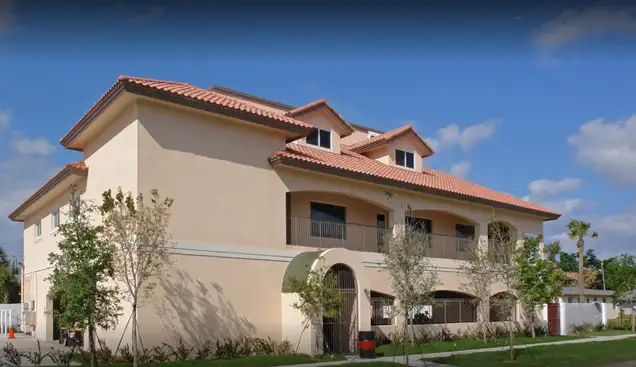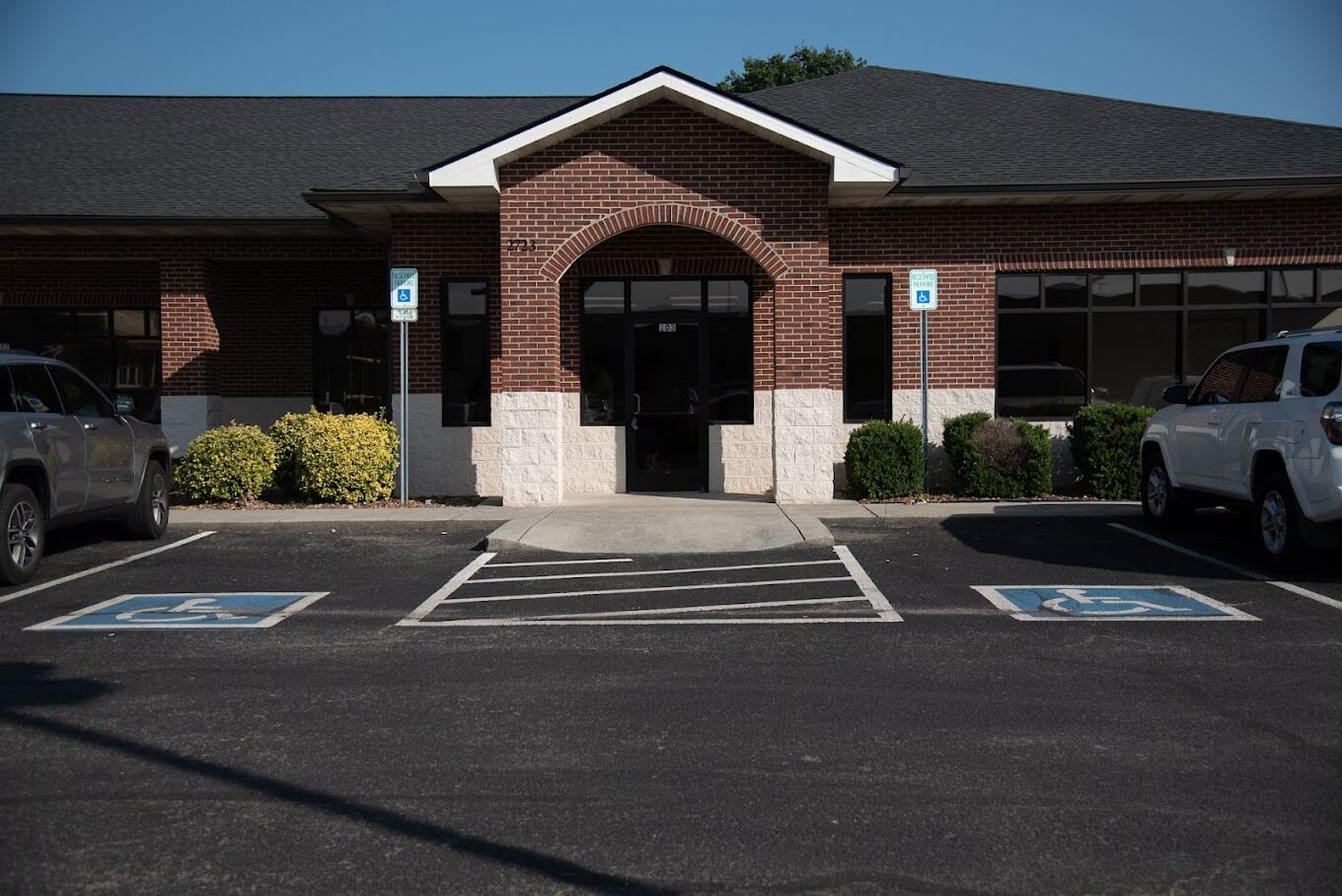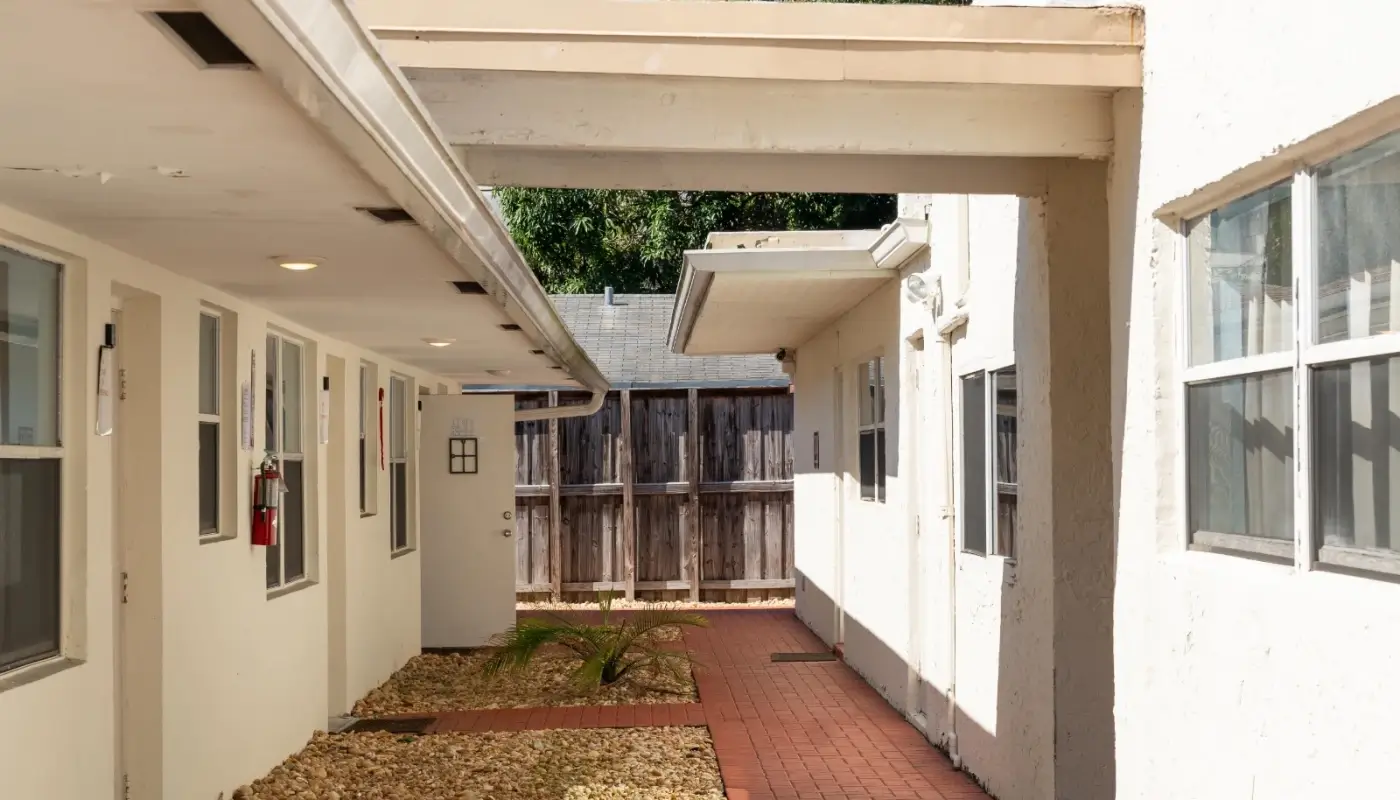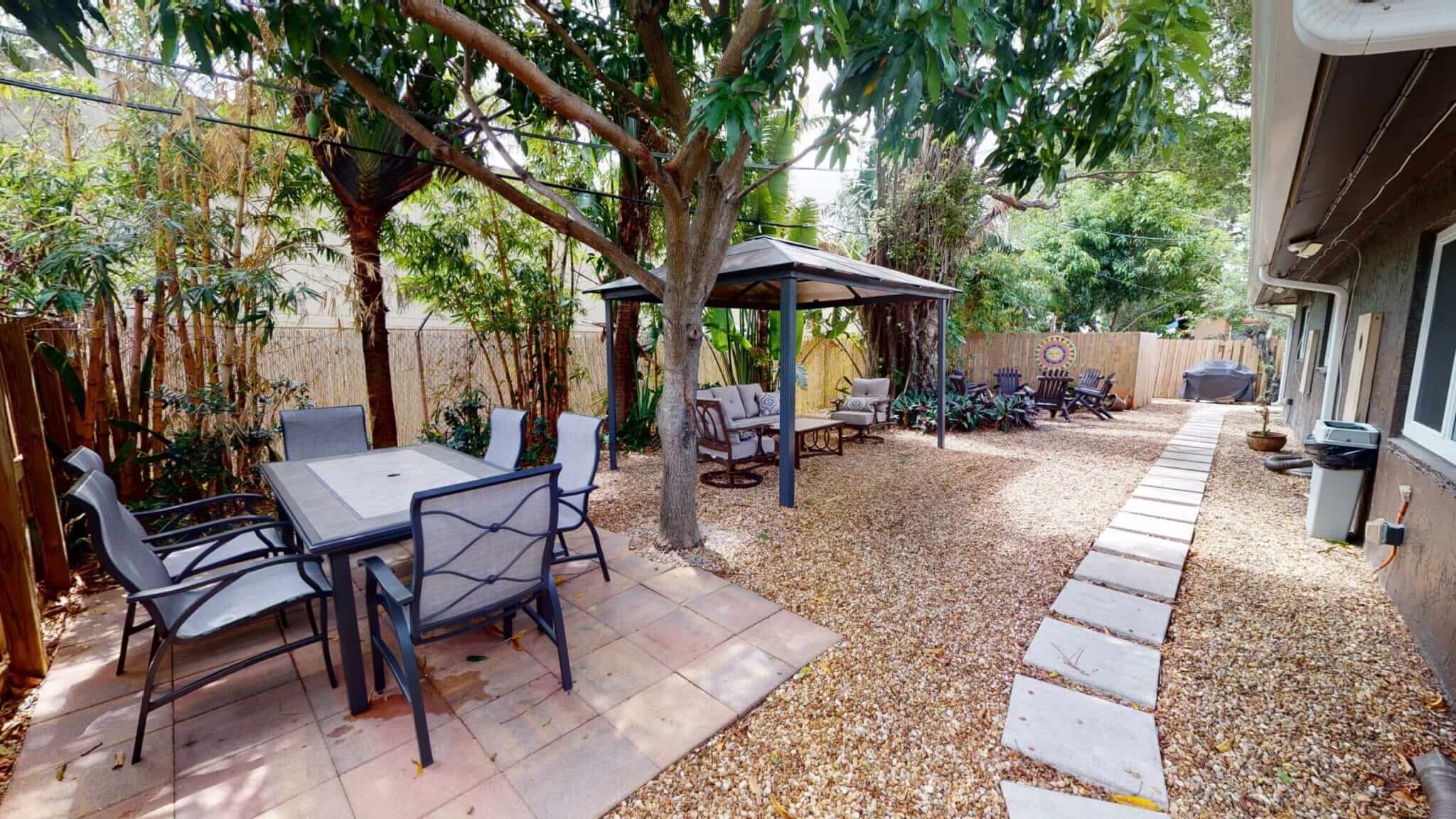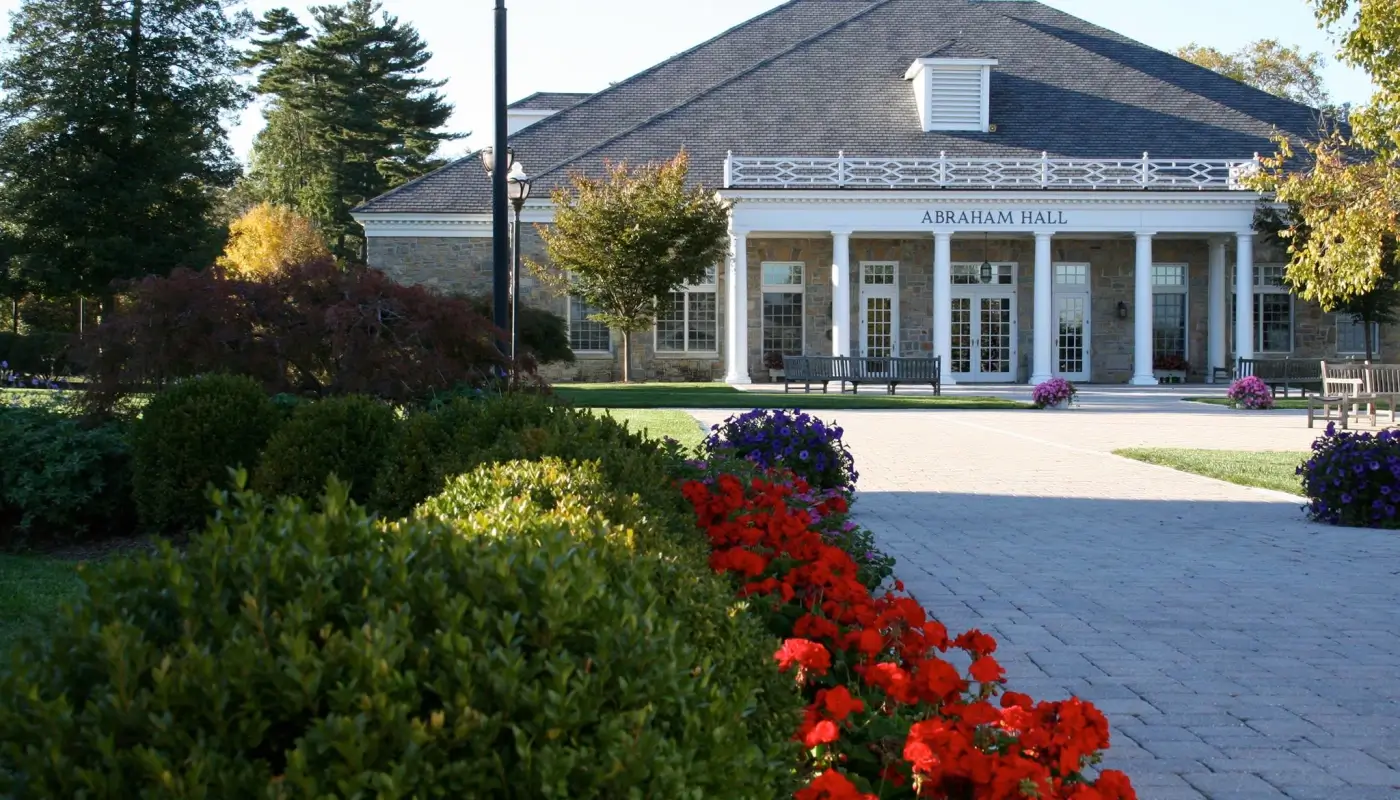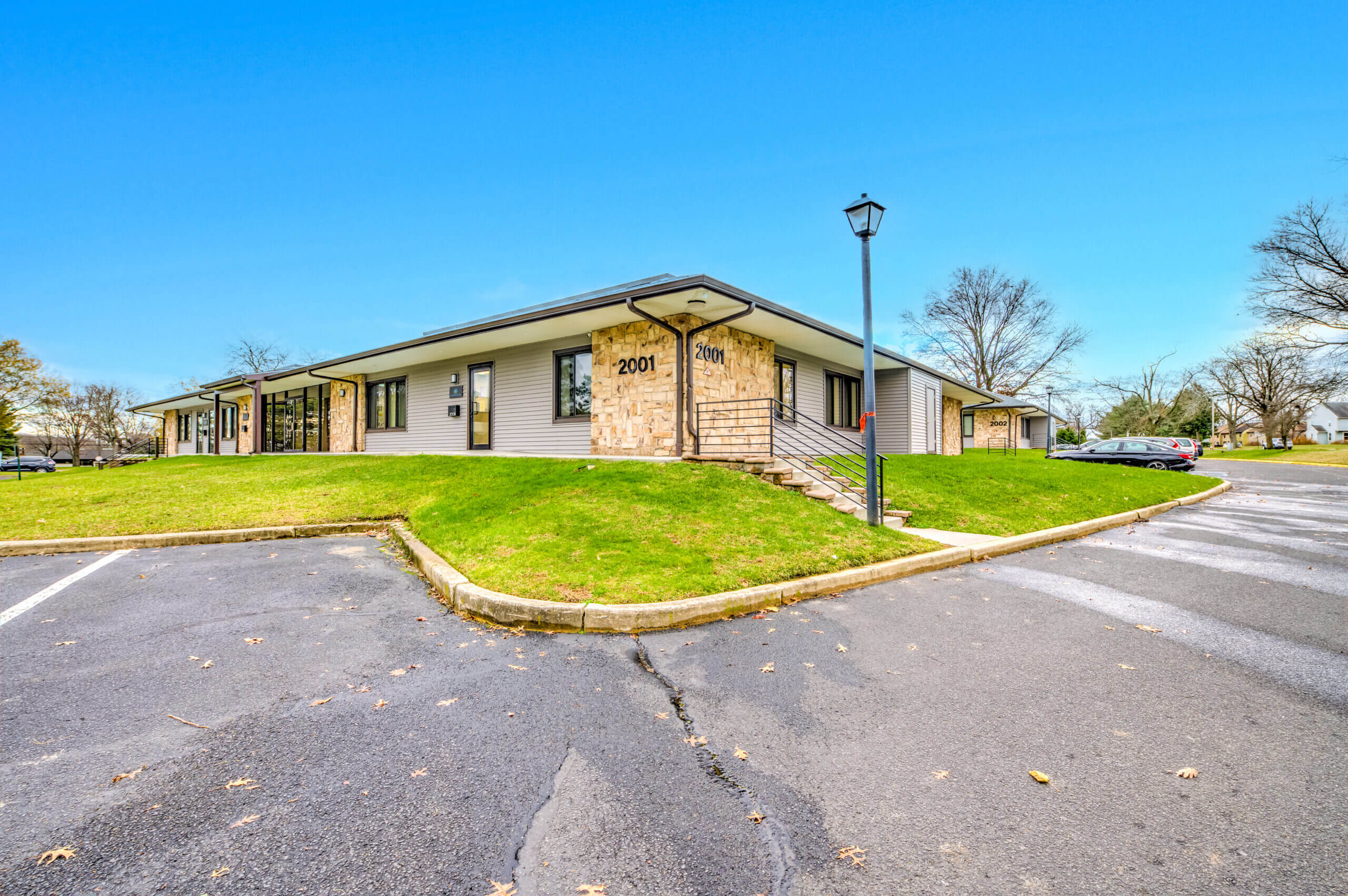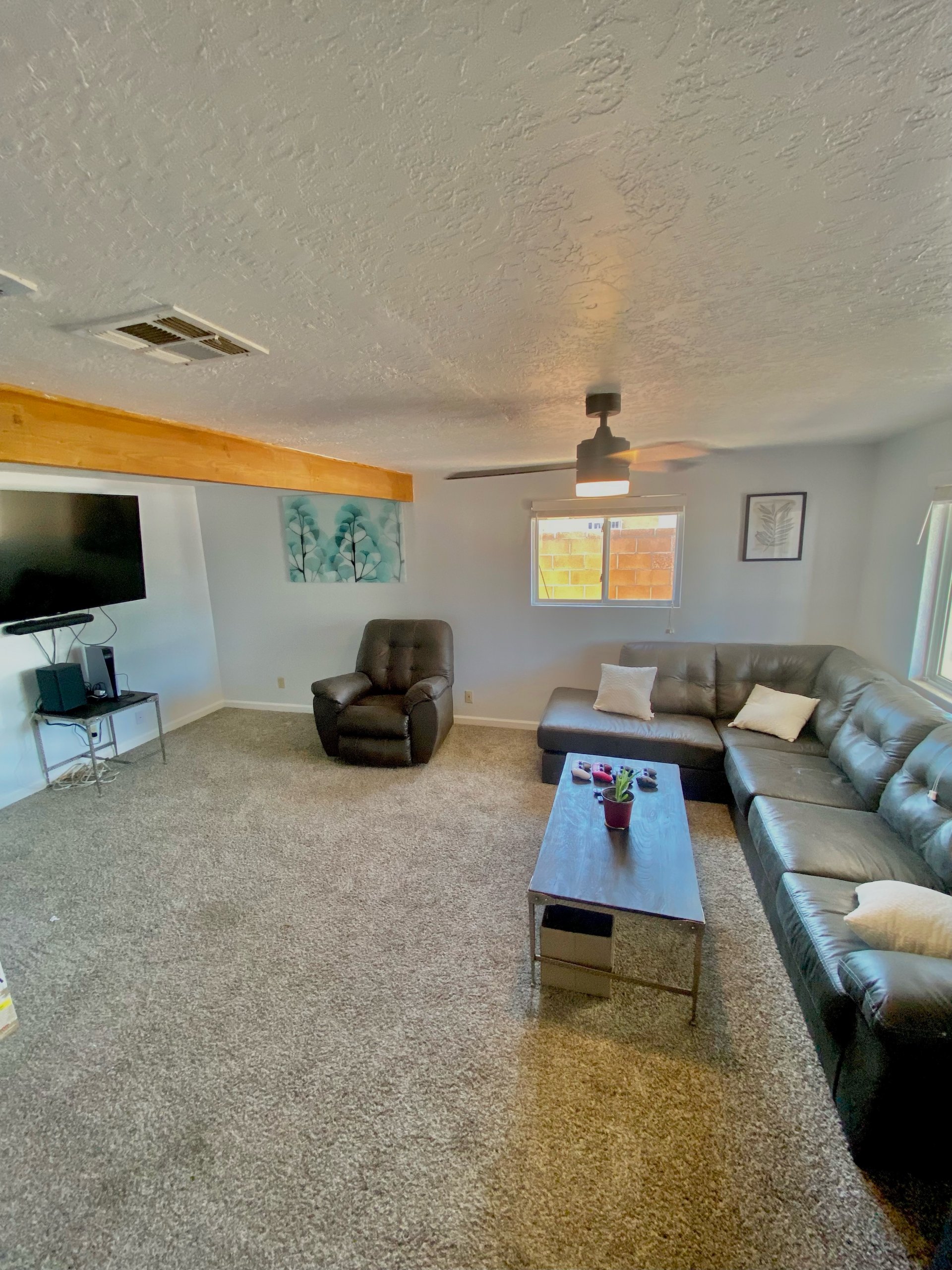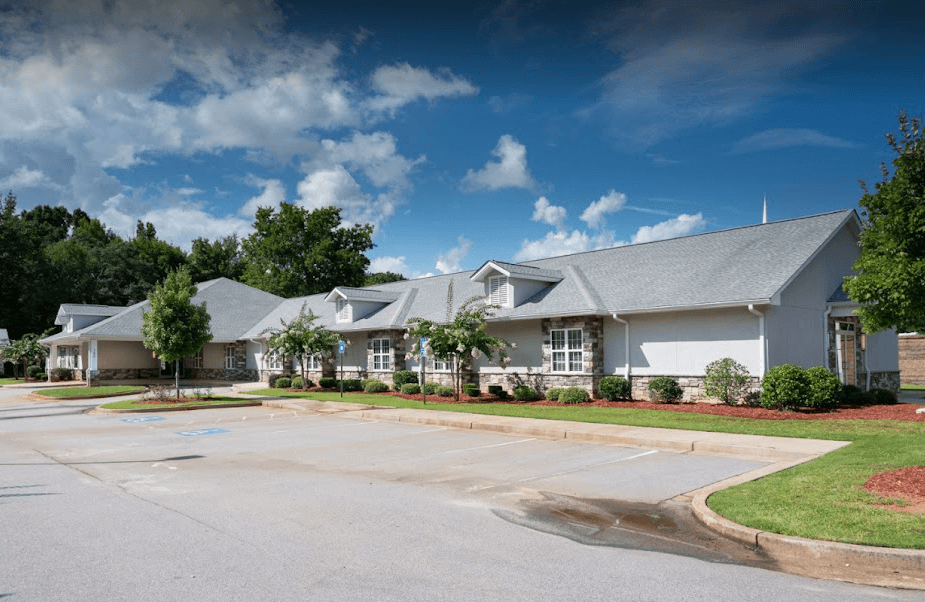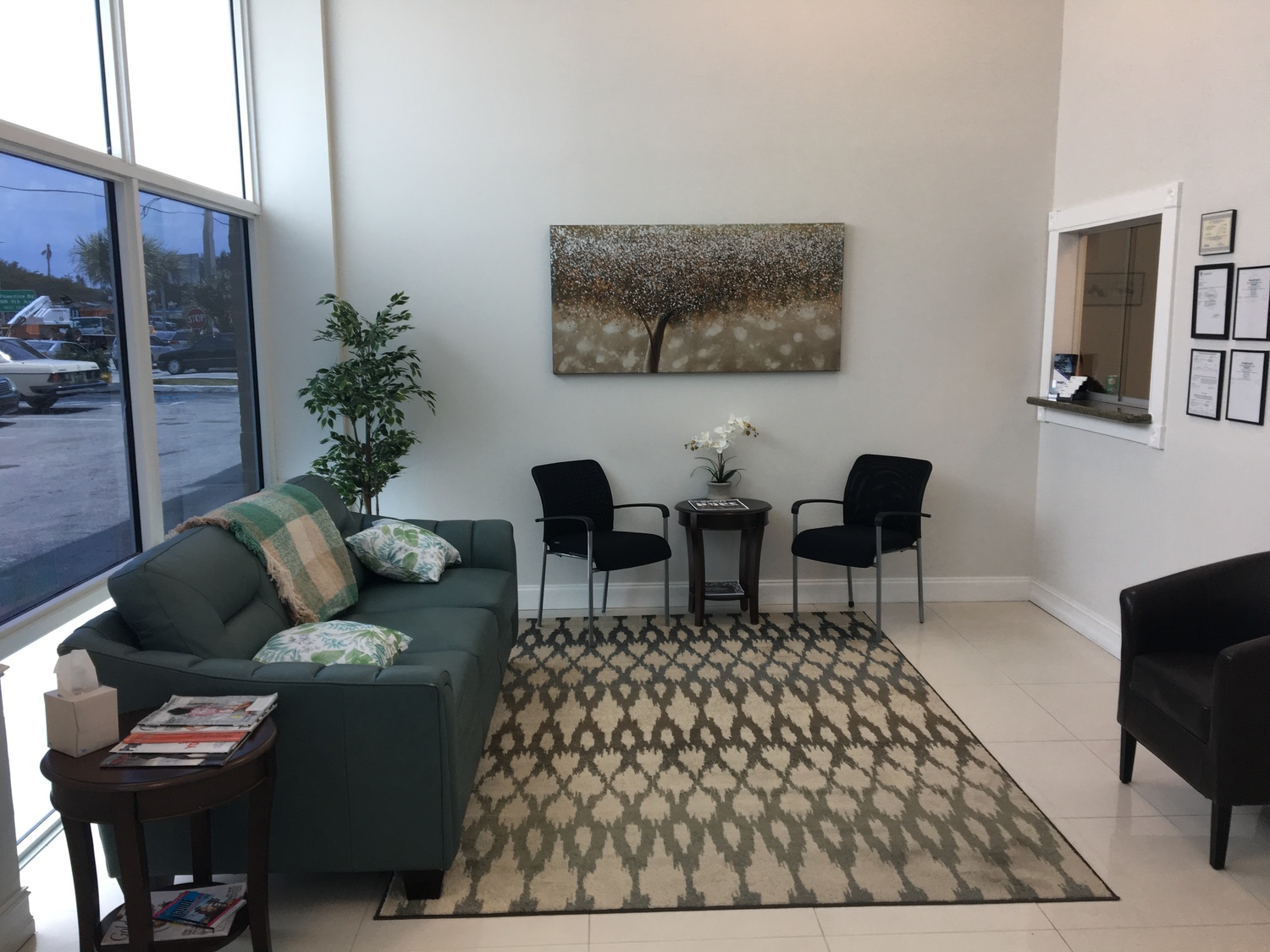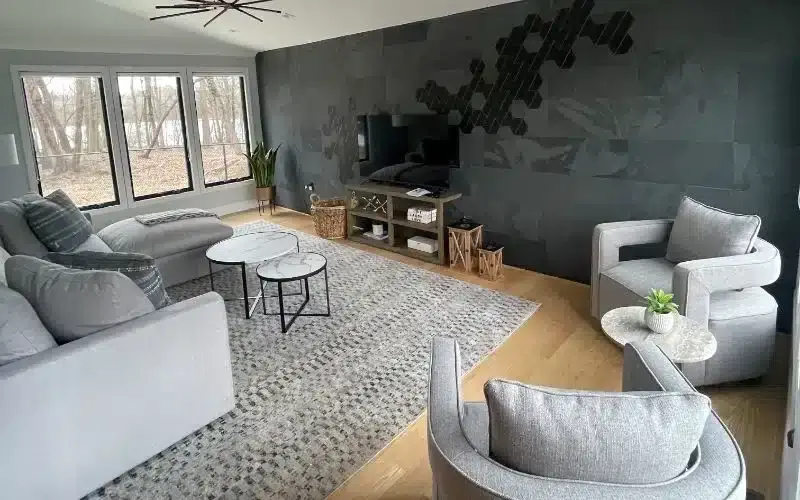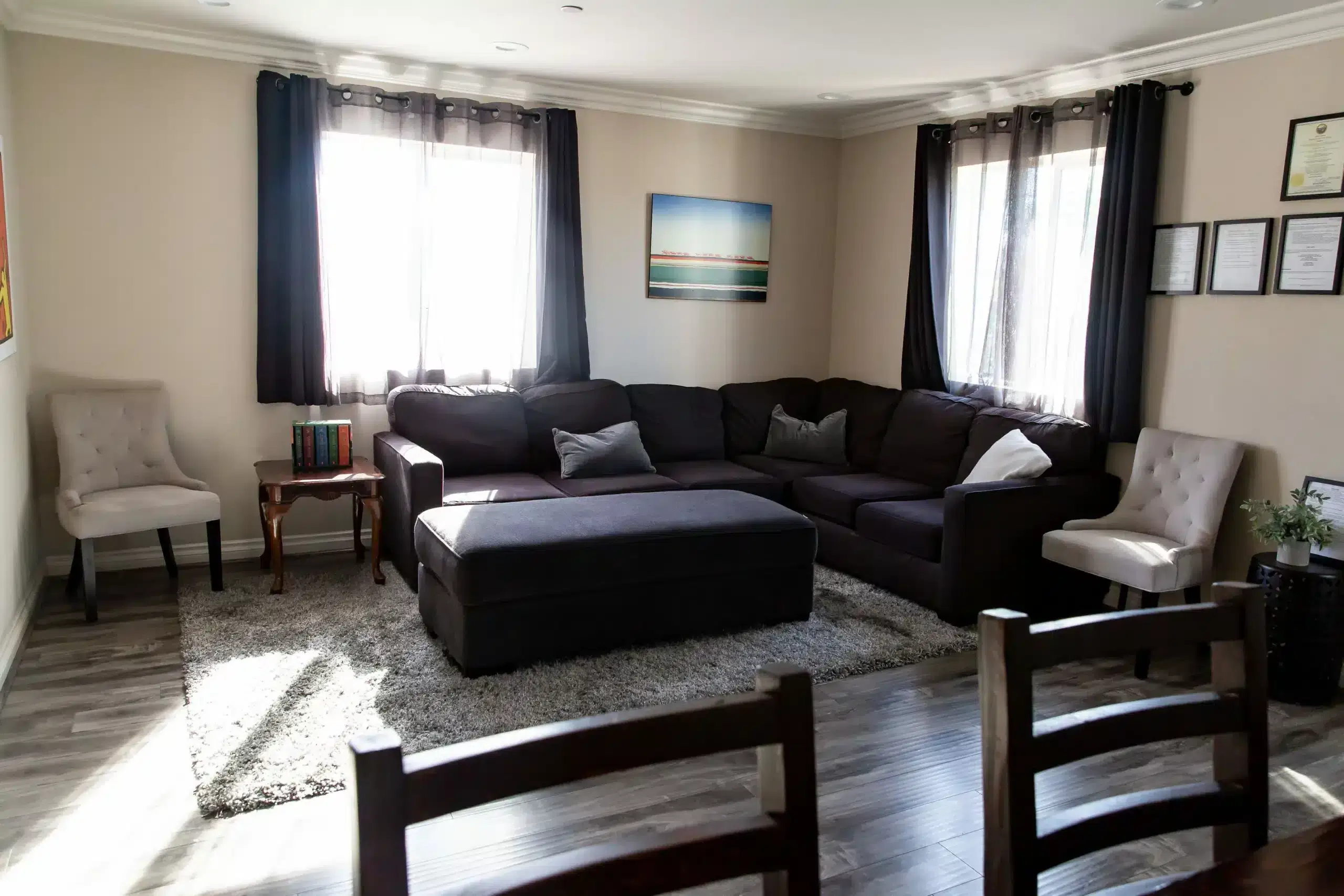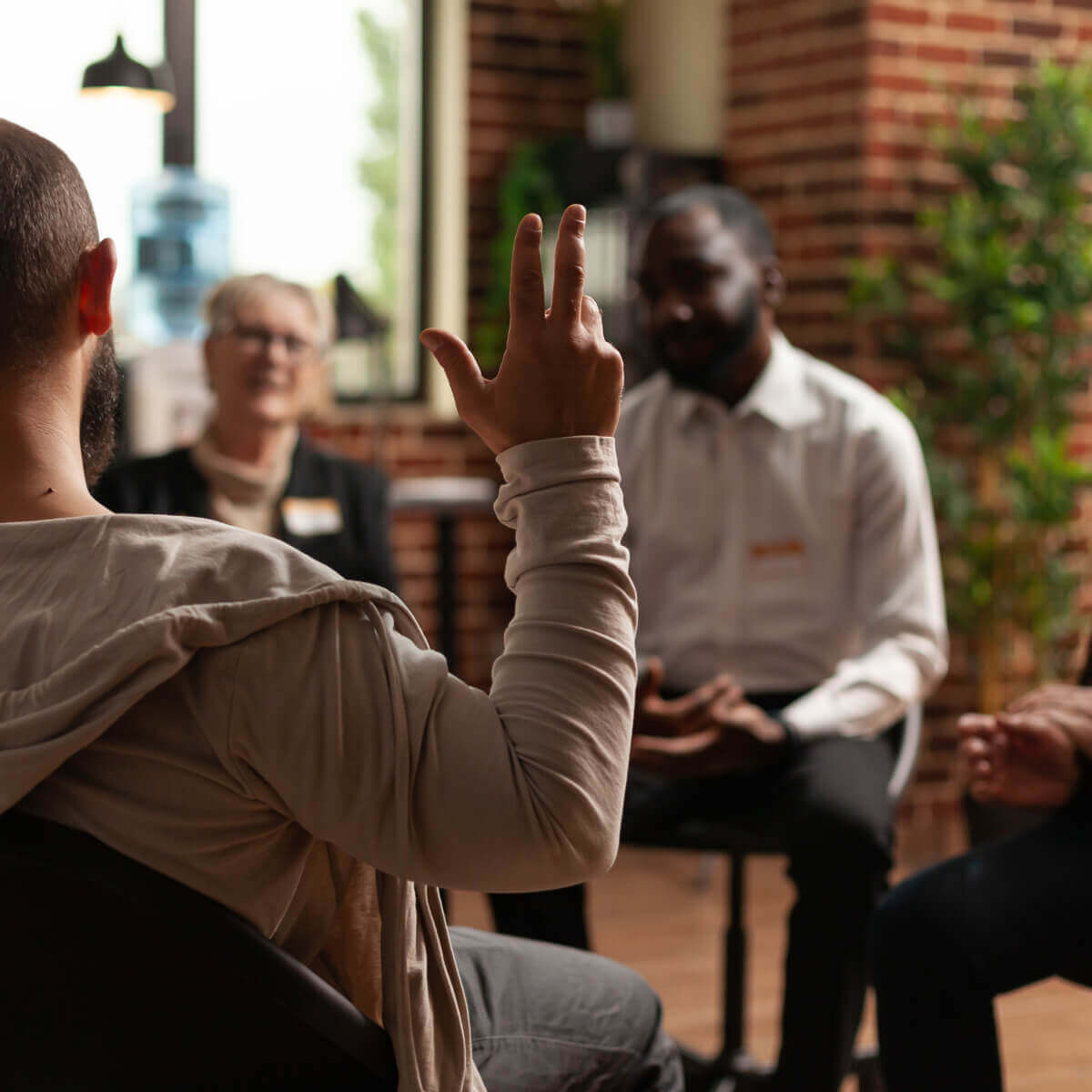
Aftercare for Drug & Alcohol Abuse
What is a Drug Relapse?
The Best
Treatments For You
Get confidential and professional help for substance abuse & mental health conditions right now.
Get Confidential CallbackWhat Role Does Aftercare Play in Recovery?
Community support
Aftercare for alcoholics and addicts
Call Find Luxury Rehabs today to locate nearby aftercare programs for you.
What Does an Aftercare Program Entail?
An addiction aftercare program can take many forms. Some substance abuse aftercare is offered by the rehab facility you attend. Hence, as you complete an inpatient program or outpatient program, you can graduate from whatever aftercare classes or amenities they offer.<br><br>Even here, facilities differ in terms of whether they provide aftercare programs directly on-site or whether they simply connect you with meetings and services in your community. Most of the time, aftercare for alcoholics or aftercare programs for substance abuse take the form of local AA or NA meetings and options for holistic treatment.



